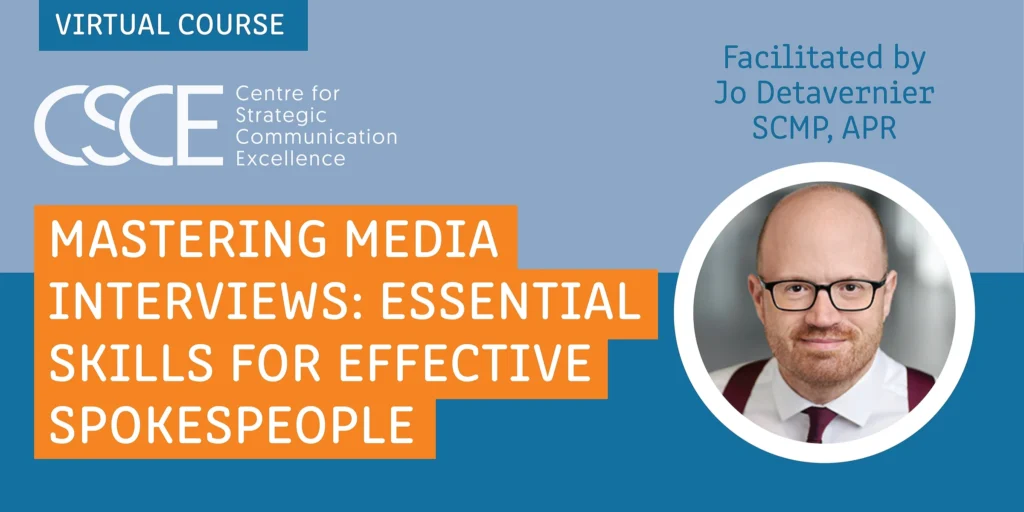Divorce is now a major wellbeing concern for businesses
Organisations need to “dig deeper” if they want to enjoy the full business benefits of being truly inclusive employers. Not enough is yet being done to employ diverse workforces that genuinely reflect customer or consumer bases and also wider society. Whilst many have diversity and inclusion strategies that focus on “gender, race, disability and sexuality”, most are not taking the next necessary step – tackling the “niche” sub and cross-categories of each D&I pillar, such as adults struggling through divorce; those aged 50+ who want to work but cannot secure employment; and working parents with additional caring responsibilities. As a result, there is stagnation in truly innovative thinking when it comes to genuinely flexible jobs, careers and working cultures in which all adults flourish in the workplace, to everyone’s advantage. With concerns over workforce availability in a post-Brexit landscape, employers need to address this issue now in order to provide a long-term, stable workforce.
This report highlights how working adults experience separation and/or divorce, from an employee perspective, and the HR implications of the level and type of support, provided. More than 200,000 adults get divorced each year in the UK; this does not include co-habiting couples who separate. 55% of divorces involve couples with children, yet, with nearly three million single parent families in the UK, lone-parents make up only around 4% of the employed workforce. There is a business imperative to support this growing minority of adults who want to thrive and make a meaningful contribution to the success of the organisation they are working for.
This summer, 2017, Boudica & Eir conducted research into the experiences and impacts of separation and divorce for adults in the workplace. This report exposes stark realities faced by men and women, across the UK. It starts to help explain why the UK and Ireland are behind their international counterparts and what it means for businesses, which are incurring sizeable operational, absence and talent replacement costs related to colleagues going through separation and divorce.
Cost savings:
- 30% of respondents who felt supported said their employer saved money, by not having to replace them.
- 13% of respondents who felt supported said their employer saved operational costs, by helping them maintain performance.
Talent attrition:
- 61% said separation/divorce contributed to changing jobs/leaving the workplace.
- 24% said they were pushed or managed out of the business, as a result of their journey.
- 71% of respondents, working at the time of their separation/divorce, said they left their jobs within the first year of their relationship breakdown.
Colleague productivity and engagement:
- 62% said they were let down by their employer, with 41% feeling not at all supported.
- 37% said they were able to work flexibly, but only 4% needed that permanently.
- 26% said they would have benefited from dedicated divorce wellbeing support.
- 75% of respondents who felt supported said they got through the journey quicker, in better shape, becoming truly resilient.
- 41% of respondents who felt supported said their employer retained an engaged, inspirational colleague.
It is not only the provision of “time off” and “flexible working arrangements” that are necessary for men and women going through a spousal relationship breakdown, it is the also availability of relevant, personalised divorce wellbeing support that is required for colleagues directly affected – and also their line managers and teams. Respondents also said that “understanding”, “empathy” and “compassion” are vital, though often absent, and do not have to come with a price-tag.
Mental wellbeing issues, alone, cost UK businesses £30bn a year, in related lost production, recruitment costs and absence bills. Non-work issues (relationships and family) are the biggest cause of stress in the workplace, second only to workload; stress is the main cause of long-term and the secondary driver of short-term absence from work.
Businesses that support colleagues throughout the difficult and painful journey through separation and divorce, benefit financially and also in performance and reputational terms.
This report offers a range of practical, cost effective and attractive solutions, in order to help organisations support their colleagues going through separation/divorce, minimise the costs of performance dips, absence and replacement and enhance productivity, profitability and reputation.





